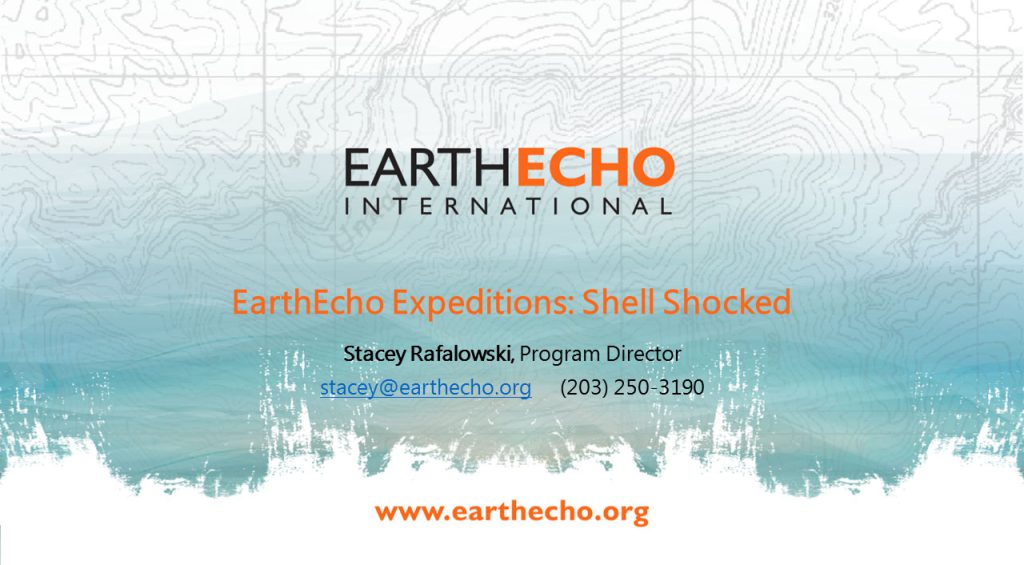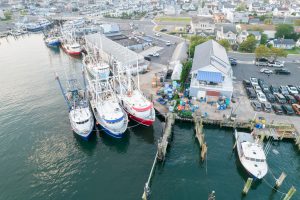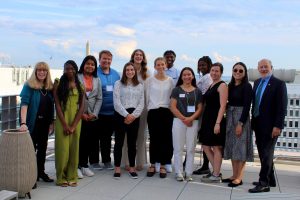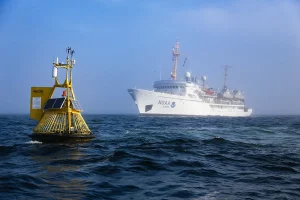SOARCE Webinar
Presenter: Stacey Rafalowski, EarthEcho International
Primary audience: Informal and formal educators
Date/time: Tuesday, March 22nd, 3pm ET (12pm PT)
Young people are today’s stakeholders and advocates for change. Using EarthEcho Expedition: Shell Shocked videos and project-based learning tools educators can activate students’ critical thinking around this “wicked” global problem. This webinar will provide tools to embed best practices of service learning and project-based learning into a unit on OA for middle-grade level youth.
It takes more than knowledge of environmental issues to equip young people with civic skills to solve the complex problems facing our planet. Through service learning, youth identify community needs, develop plans and partnerships and are inspired and motivated to take action. This webinar will explore the Five Stages of Service Learning—investigation, preparation, action, reflection, and demonstration— and connect that process to OA resources. In this way students become both environmentally literate and effective community changemakers.
About the Speaker:
With twelve years of experience in science and marine science education, Stacey Rafalowski has invested a career in improving the way learning happens for young scientists. Prior to joining EarthEcho International, she devoted six years with another NGO, Earth Force, that focused on building school and community support around innovative programs to integrate environmental education, civic agency, and service-learning. As Director of programs for EarthEcho, Stacey continues to build networks of support for formal and informal educators to enhance learning strategies around STEM education with a new focus on digital video resources. Stacey supports the development of annual EarthEcho Expeditions by guiding curricular development and in-field production of video resources.
Stacey began her work with teachers while working on her graduate degree in Marine Biology at College of Charleston. A National Science Foundation GK-12 teaching fellowship launched her journey in education by allowing her the opportunity to partner with classroom teachers, building curriculum that brought marine science to life for young people.</ br>






